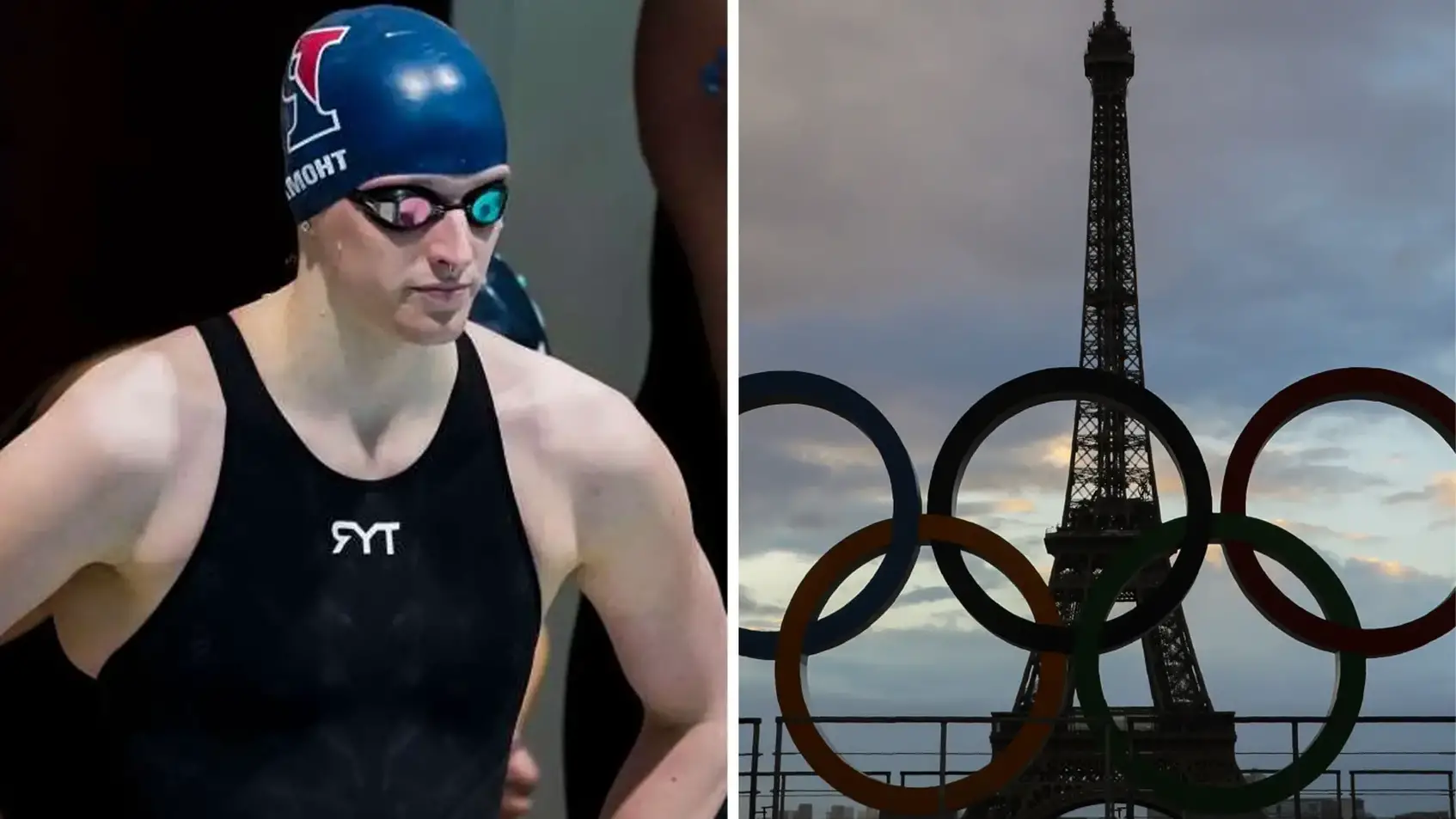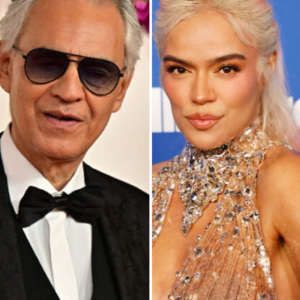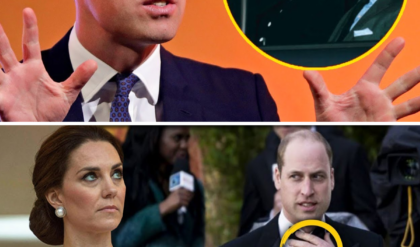
In a decision that has sparked widespread debate and controversy, Lia Thomas, a transgender swimmer who has made headlines over the past few years, has been banned from competing in the 2024 Olympics. The ruling, based on policies concerning transgender athletes, has commanded significant attention, with the governing bodies stating that Thomas should compete in men’s events instead. This decision has ignited passionate responses from supporters and critics alike, highlighting the ongoing complexities and discussions surrounding gender identity in sports.
The International Olympic Committee (IOC) and the International Swimming Federation (FINA) jointly announced the decision to prohibit Lia Thomas from participating in the women’s swimming events at the upcoming Paris 2024 Olympics. The ruling was based on the existing guidelines regarding transgender athletes, which require that transgender women must have maintained testosterone levels below a certain threshold for at least 12 months prior to competition.
Despite Thomas meeting these requirements, FINA and the IOC cited concerns about fairness and the physical advantages of athletes who have undergone male puberty. “While we support the inclusion of all athletes and recognize the gender identity of each individual, we must also ensure fair competition,” stated a FINA spokesperson. “Based on current scientific evidence, it has been determined that Lia Thomas should compete in the men’s category.”
Lia Thomas’ journey has been one of both triumph and turmoil. As a swimmer for the University of Pennsylvania, she initially competed in men’s events before transitioning and competing as a woman. Her performance as a transgender female athlete has been both impressive and contentious, leading to record-breaking wins and intense scrutiny.
Thomas has consistently argued that she should be allowed to compete in women’s events, emphasizing her adherence to hormone therapy and IOC guidelines. “I have worked hard to follow the rules and be my authentic self,” Thomas said in an earlier interview. “I just want to compete like everyone else.”
The decision to ban Thomas has elicited a wide range of responses from various stakeholders in the sports community and beyond. Advocacy groups for LGBTQ+ rights have condemned the ruling, arguing that it discriminates against transgender athletes and undermines their efforts to participate equally in sports.
“This decision is a setback for inclusivity in sports,” said a spokesperson for Athlete Ally, an organization advocating for LGBTQ+ athletes. “Lia Thomas has complied with all the required regulations, and yet she is being excluded based on outdated notions of fairness.”
Conversely, some athletes and commentators have supported the decision, expressing concerns about maintaining a level playing field in women’s sports. “It’s important to protect the integrity of women’s competitions,” said an anonymous Olympic swimmer. “Transgender athletes should have the right to compete, but we need to find a way that doesn’t compromise fairness for all competitors.”
The debate around transgender athletes often centers on the balance between inclusion and fairness. Scientific studies on the impact of hormone therapy on athletic performance provide mixed results, with some suggesting that advantages related to muscle mass and strength may persist despite hormone suppression.
Dr. Joanna Harper, a researcher in transgender athletic performance, points out the complexities in this debate. “While hormone therapy does reduce strength and muscle mass, it doesn’t entirely negate the physical advantages gained during male puberty,” she explains. “However, the science is evolving, and we need more research to make informed decisions.”
The case of Lia Thomas is not isolated but part of a broader conversation about transgender athletes in sports. Various sports organizations are grappling with how to create policies that respect both inclusivity and competitive fairness. The debate spans beyond swimming, affecting athletics, cycling, weightlifting, and more.
Some sports have introduced open categories to provide more inclusive options without compromising the integrity of women’s competitions. The challenge remains to develop frameworks that are both scientifically sound and socially equitable.
Beyond the scientific and competitive aspects, the decision to ban Lia Thomas also raises legal and ethical questions. Laws and policies regarding transgender participation in sports vary significantly across countries and organizations, leading to a patchwork of regulations that can be confusing and inconsistent.
Ethically, the issue touches on the rights of individuals to compete in alignment with their gender identity versus the collective right of athletes to fair competition. This tension reflects broader societal debates about gender, identity, and equality.
As the 2024 Olympics approach, the case of Lia Thomas will likely continue to be a focal point in discussions about transgender athletes. The decision by the IOC and FINA may set a precedent for other sports and influence future policies.
For Lia Thomas, the ruling represents a significant personal and professional setback. However, her case also provides an opportunity to advance the conversation about how best to balance inclusivity and fairness in sports. Continued dialogue, research, and policy development are essential to navigating these complex issues.
The decision to ban Lia Thomas from competing in the women’s swimming events at the 2024 Olympics has highlighted the ongoing challenges and debates surrounding transgender athletes in sports. It underscores the need for nuanced, evidence-based policies that consider both the rights of individual athletes and the integrity of competition.
As the world of sports continues to evolve, finding the right balance between inclusion and fairness will remain a critical and contentious issue. Lia Thomas’ journey, while fraught with obstacles, contributes to a broader understanding and paves the way for future generations of athletes who seek to compete as their true selves.
News
La actriz de NCIS, Cote de Pablo, nos mostró sus verdaderos sentimientos sobre Mark Harmon
Cote de Pablo sorprendió a los fans de NCIS cuando regresó al programa al final de la temporada 16. La actriz chilena, por otro lado, comenzó su carrera como personalidad de la televisión. De Pablo tuvo una carrera larga y…
Galilea Montijo abandona el programa ‘Hoy’ tras sufrir un problema de salud: “Me inyectaron, pero no funcionó”
La conductora estrella de ‘Televisa’ se despidió del matutino en plena transmisión en vivo este 24 de octubre La conductora tomó la decisión de irse, pero participó en la primera sección del programa. (IG: @andy_escalona) Galilea Montijo abandonó el programa ‘Hoy’ durante los…
Karol G y Andrea Bocelli lanzan una nueva versión de la emblemática canción ‘Vivo por ella’
Andrea Bocelli comenzó la promoción de su próximo álbum ‘Duets’, que marca sus 30 años en la música con colaboraciones especiales. El dúo conKarol G es el primer adelanto. El estatus de superestrella de Karol G se consolida con la…
Paola Jara se rindió a los pies de Karol G: “Nos has puesto a soñar a todas las mujeres”
La cantante de música popular destacó la influencia musical que tiene la ‘Bichota’ en todo el mundo La cantante de música popular habló sobre Karol G – crédito @paolajarapj/Instagram Paola Jara y su esposo Jessi Uribe se encuentran en Europa…
Al estilo de la Bichota: Ana del castillo presentó su versión de un éxito de Karol G
La vallenatera generó opiniones divididas en sus seguidores tras hacer el ‘cover’ de un éxito de la paisa Ana del Castillo cantó a su manera un éxito de La Bichota – crédito @anadelcastilloj/Instagram En medio de una de sus presentaciones…
Así suena “Si antes te hubiera conocido” de Karol G en su versión de 1942: “Me explotó la mente”
Gracias a herramientas de inteligencia artificial, un productor musical creó la versión bolero del éxito de la paisa Así suena “Si antes te hubiera conocido” de Karol G en su versión de 1942: “Me exploto la mente” El productor Sallo…
End of content
No more pages to load











